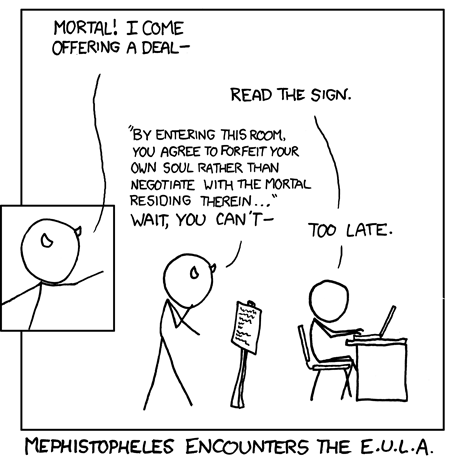In this chapter we have seen that two fundamental sources of contract law are the common law as developed in the state courts and as summarized in the Restatement (Second) of Contracts, and the Uniform Commercial Code for the sale of goods.
Sales law is a special type of contract law, governed by Article 2 of the UCC. Article 2 governs the sale of goods only, defined as things movable at the time of identification to the contract for sale. When the goods are “sold” incidental to a service, the courts do not agree on whether Article 2 applies. For two categories of goods, legislation specifically answers the question: foodstuffs served by a restaurant are goods; blood supplied for transfusions is not.
Types of contracts can be distinguished along these axes: (1) express and implied, including quasi-contracts implied by law; (2) bilateral and unilateral; (3) enforceable and unenforceable; and (4) completed (executed) and uncompleted (executory). To understand contract law, it is necessary to master these distinctions and their nuances.
In order to determine whether a valid, enforceable contract exists, the following questions must be answered: (1) Did the parties reach an agreement? (2) Was consideration present? (3) Was the agreement legal? (4) Did the parties have capacity to make a contract? (5) Was the agreement in the proper form?
If a contract is formed, the law provides additional ways to ensure that a true "meeting of the minds" occurred. Doctrines such as fraud, duress, mistake and undue influence provide remedies. The law also provides ways to avoid contracts against public policy, such as overly broad exculpatory contracts or contracts so unfair they shock the conscience of the court.
Remedies available against someone who breaches a contract include damages, specific performance, and restitution. Frequently the party who is not in breach must choose between tort and contract remedies.
 https://xkcd.com/501
https://xkcd.com/501
An implied contract
The Convention on Contracts for the International Sale of Goods is
Consideration
An example of valid consideration is a promise
A contract to pay a lobbyist to influence a public official is generally illegal.